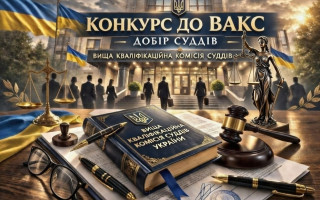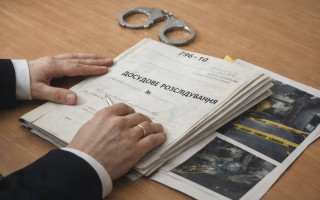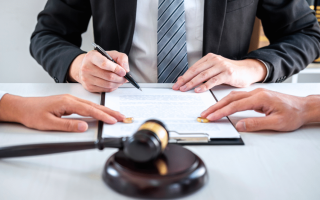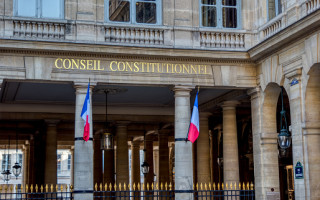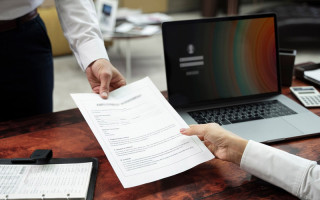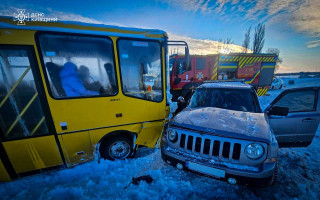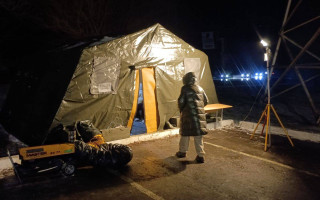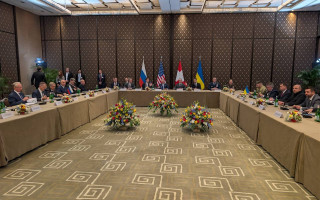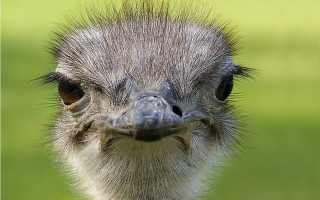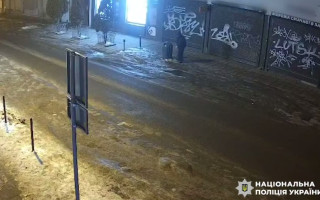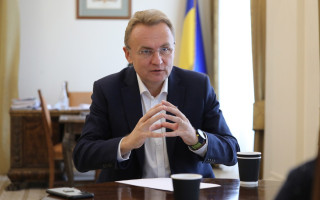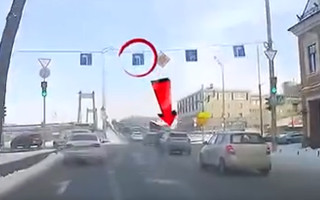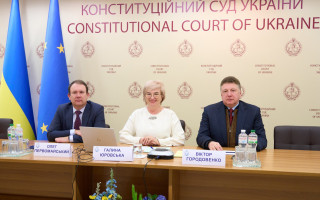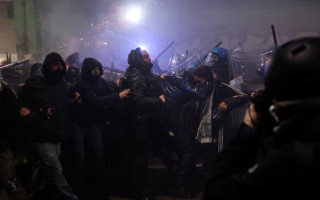The head of the Venice Commission was unable to explain the core of the ongoing judicial reform in Ukraine: where did European openness disappear
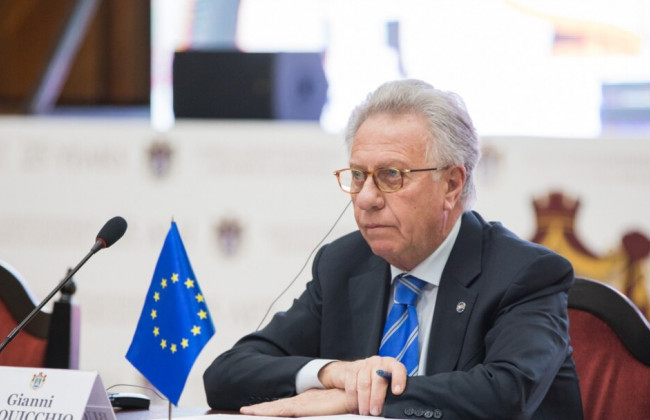
The Verkhovna Rada of the current convocation and the President of Ukraine Volodymyr Zelenskyy are breaking all records in the number of initiated appeals to the Venice Commission to give advice on a particular reform, to help determine the integrity of judges of the Constitutional Court, etc.
The Venice Commission, officially the European Commission for Democracy through Law, is an advisory body established at the Council of Europe in 1990. The sessions are held in Venice, hence the unofficial name of the commission.
Now the Venice Commission includes members from Ukraine (this is the judge of the Constitutional Court Sergey Holovaty, and earlier from our country there were Sergey Kivalov, Marina Stavniychuk), from Kazakhstan, Kyrgyzstan, Brazil, Turkey and even from Russia. And also an associate member from Belarus.
Although the Venice Commission is headed by President Gianni Buquicchio, decisions are not made alone.
At the same time, recently the President of the Venice Commission has become a kind of political figure for Ukraine.
Earlier, Zelenskyy turned to the head of the Venice Commission for a “solution to the constitutional crisis.” And he did this after Buquicchio's letter, where the latter directly criticized Zelensky's idea to dissolve the Constitutional Court. It is worth recalling that the head of the VC then wrote on his own behalf, and not on behalf of the entire Commission, which caused certain complaints from members of Zelensky's team. Like, this is the position of one person, and not the whole body. But for some time now, such complaints have disappeared.
Friendly position
In particular, recently Volodymyr Zelenskyy, commenting on the situation at that time when Speaker Dmitry Razumkov sent the bill on oligarchs to the Venice Commission, hinted - in a personal conversation, Gianni Buquicchio assured the Head of State that the Venice Commission would not rush to a conclusion.
“Firstly, we are quite familiar with the head of the Venice Commission, Mr. Buquicchio. Secondly, it seems to me that he was rather surprised that a bill was sent to him for consideration, which did not pass the second reading. That is, he would like (and this is his direct speech) to see the bill in its final form, signed by the President of Ukraine, and then we will receive conclusions from them”, Zelenskyy said in an interview to ICTV.
Earlier, the head of the Venice Commission himself called Zelenskyy and asked for the final text of the anti-oligarchic law.
The fact that the Venice Commission began to participate in political campaigns (or rather, its head) is also evidenced by the direction of Gianni Buquicchio (again, alone) a letter to the head of the Supreme Court Valentina Danishevskaya.
It is noteworthy that such a letter was sent by Buquicchio on the eve of the Plenum of the Supreme Court, which decided the issue of applying to the Constitutional Court of Ukraine regarding the constitutionality of the norms of the law on the Ethics Council.
In it, the head of the Venice Commission unequivocally hints to Valentina Danishevskaya that it is very important not to even try to block the creation of an Ethical Council for checking the constitutional body of Ukraine - the High Council of Justice.
“… the unconditional priority is to establish the Ethics Council as soon as possible… It is the turn of the Council of Judges, which should nominate its candidates without further delay,” the head of the Venice Commission said in his letter.
That is, the body of judicial self-government, the Rada of Judges of Ukraine, according to the head of the VC, is obliged to nominate candidates (this is what happened later - editor's note).
Gianni Buquicchio also noted that since there is already a list of candidates for the positions of members of the High Council of Justice according to the parliamentary quota, the Ethics Council could immediately start checking them for compliance with the desired position.
"As soon as the Ethics Council is established, it will be able to start fulfilling both of its tasks: the selection of candidates for appointment to the High Council of Justice and the verification of current judges," the letter of the head of the Venice Commission says.
In addition, Gianni Buquicchio published his statement on September 29, in which he said that “judicial reform was at the center of my recent productive exchange of views with the President of Ukraine Volodymyr Zelenskyy. Another important part of this reform is the creation of an Ethics Council. ... Now it is imperative that the Rada of Judges of Ukraine, without further delay, make its own appointments, which are necessary for the reform. All interested bodies should refrain from any measures, actions, omissions or procedures leading to a delay in the establishment of the Ethics Council”.
As can be seen from the above, the President of VC Gianni Buquicchio no longer only represents the position of the entire Venice Commission, as set out in its conclusions, but also on his own behalf gives mandatory political advice to the judicial (and not only) authorities of Ukraine.
Due to the activity of Mr. Buquicchio in Ukrainian politics, “Sudovo-Yurydychna Hazeta” addressed him with questions. In particular, we asked the President of VC to set out his vision of what should be the result of the judicial reform in Ukraine, what he understands by the "integrity" of judges, how he assesses the previous judicial reforms and the events taking place in the judiciary today, in particular, the massive outflow of personnel from the courts. We also asked him to comment on how he assesses the launch of a competition by Vladimir Zelensky in the CCU, taking into account the fact that VC recommended holding such a competition under the new rules.
However, Mr. Buquicchio in this case decided to refrain from commenting.
“You asked me to answer fourteen very detailed questions covering a wide range of topics related to judicial reform in Ukraine and the reform of the Constitutional Court. I understand the importance of these reforms for Ukraine. As you probably know, over the past few years, the Venice Commission has issued a number of opinions on these issues. I am not in a position to satisfy your requests and prepare a detailed response to your questionnaire; however, I am sure that you will find all the information you need in the text of our conclusions, which are clear enough and speak for themselves,” he wrote.
But what about the Conclusions?
It is noteworthy that one of our questions concerned the implementation of the well-known Conclusions of the Venice Commission regarding the need for international experts to participate in the selection of new judges of the Constitutional Court and, in principle, that the competition for vacancies in the Constitutional Court should be conducted according to a new procedure.
The fact is that now Vladimir Zelenskyy is holding a competition for two vacancies in the CCU according to his quota and does it according to the old procedure. The way Zelensky's competition in the CCU is held has already caused a number of complaints from public activists.
After all, all this, to put it mildly, contradicts what the Venice Commission said in its conclusions.
Thus, in the opinion published on March 22 on the bill 4533 on the constitutional procedure, the Venice Commission emphasized that “the existing vacancies in the Constitutional Court should be filled only after the system of appointments has been improved” (paragraph 84 of the VC conclusion). Namely, a “body for the selection of candidates for the position of a judge of the Constitutional Court with an international component should be created, which could include international experts on human rights and the participation of civil society in order to guarantee the moral and professional qualities of candidates”.
A similar position was expressed by VC in the December 2020 Conclusion.
Literally our question on this matter to Mr. Buquicchio sounded like this:
“Currently, the competition for a judge of the Constitutional Court of Ukraine on the quota of the President of Ukraine continues. Judge of the US Federal Claims Court, Doctor of Law Bohdan Futey, who is a member of the Competition Commission, expressed his dissenting opinion on the possibility of appointing new judges. Earlier, the Venice Commission expressed its position on the participation of international experts in the selection of judges of the Constitutional Court. In your opinion, does the President of Ukraine have the right to appoint judges of the Constitutional Court to positions if the acting judges have not yet expired? Can he conduct the selection of judges of the Constitutional Court, if the Competition Commission for such selection is created so that the role of foreign experts is not decisive? Does this correspond to the conclusions of the Venice Commission?”
However, we have not received an answer. Probably, one of the reasons may be that the President of the Venice Commission only comments on those things that fit most conveniently into the current political context.
С оригиналом статьи можно ознакомиться по ссылке.
Подписывайтесь на наш Telegram-канал t.me/sudua и на Youtube «Право ТВ», чтобы быть в курсе самых важных событий.


















